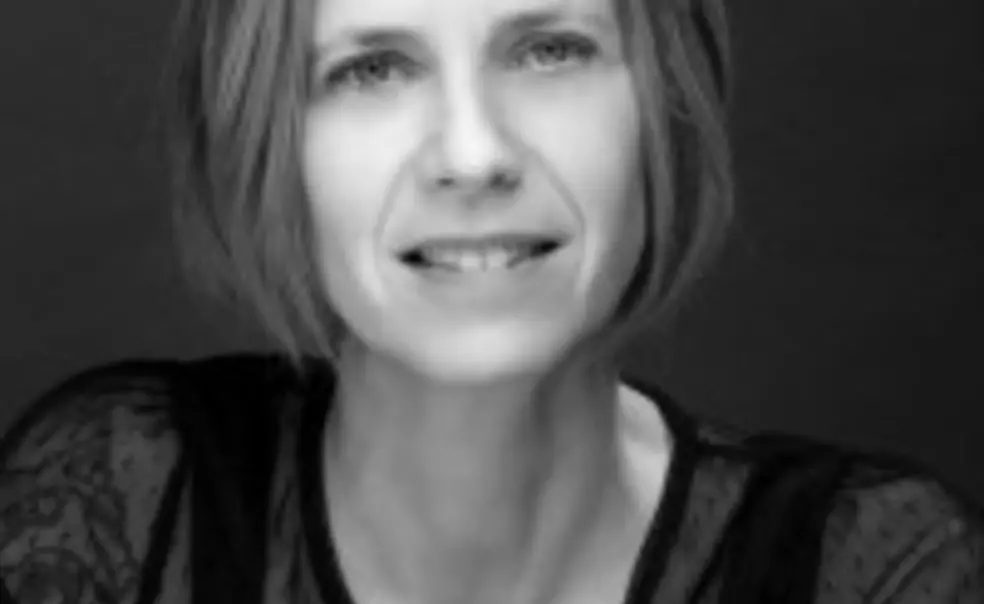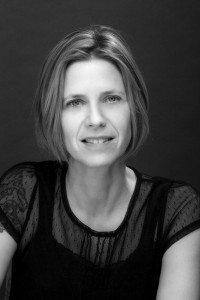Love Beads and Leopard-Print Bikinis: Novel Portrays Coming of Age in the ’70s
Twelve-year-old Jesse and her family move to a working-class apartment complex in Roanoke, Va., in the summer of 1972, a time when kids playing in the yard pretend the Viet Cong are chasing them and hitchhikers along the highway are wearing bell bottoms and love beads. Jesse’s mother is a dissatisfied housewife, her father a former pastor who has abandoned religion. Jesse’s struggles to figure out where she fits in — and the struggles of her mother and the divorcées living nearby — are chronicled in Sister Golden Hair, a coming-of-age novel by Princeton creative writing professor Darcey Steinke.
“I always wanted to go back and write about some of the women I knew in the ’70s,” says Steinke, who spent part of her childhood in Roanoke in a similar setting. “They were trained to be homemakers and mothers, and all of a sudden the culture was saying, ‘We want women to work,’ and the skills they had — keeping house, making apple cake — had been devalued. It was painful for my mother; she never really got over that.”
Jesse idolizes Sandy, a single mother who lets her son roam the woods behind their duplex while she lays out in the sun in her leopard-print bikini. The young girl pretends to be a Playboy Bunny serving drinks to Hugh Hefner but also seeks to understand why her father has given up his faith in God. Longing to find where she belongs in the world, she tries on and discards identities as teenagers of every era do. “Jesse is at the stage where she’s trying to figure out how to be,” Steinke says. “She picks these role models and wants to just become them until she’s figured out who she is.”
Steinke is the author of four novels, including Suicide Blonde andJesus Saves, and the memoir Easter Everywhere. Her work often explores the intersection of spirituality and sexuality.
Sister Golden Hair abounds in ’70s artifacts: blue mascara, John Denver songs, patchouli oil. Steinke studied photos of the period, read bestsellers, and listened to the music of the era — the book’s title refers to the band America’s 1975 hit. “I wanted the feeling of ’70s malaise,” Steinke says. “In my mind it was a very dark and complicated period.”













No responses yet